BOTs still hopeful of dodging EU blacklist
(CNS): The issue of the European Union blacklisting process was a prominent topic of discussion this week in London at the Joint Ministerial Council meeting between the leaders of British Overseas Territories and UK officials. The session Wednesday on financial services was attended by Mel Stride, the UK Treasury’s Financial Secretary, who told the territories’ leaders that the British government is committed to assisting the BOTs that are impacted by the listing threat. Most of the territories believe they have addressed EU concerns but will not know until the end of the year whether they are on the black-list.
The Cayman Islands and a number of other territories are on a grey, or watch, list that was created by the European Union last year in what officials in Brussels have said was a way of pressuring tax havens to comply with requirements to tackle what are seen as unfair tax practices and the facilitating by offshore centres of tax avoidance and even evasion.
Jurisdictions on the grey list have been given indications from the EU what they need to do in order to avoid the blacklist and be removed from the watch list, though the details of what Cayman was required to do have never been spelled out. However, the main concern of the EU when Cayman was placed on the list was the issue of economic substance requirements.
According to a press release from his office, Premier Alden McLaughlin said during the JMC session that the Cayman Islands has been actively engaging with the EU throughout the process and is on track to meet its commitment by the end of this year. All the BOTs and Crown Dependencies are also expected to meet the EU demands, but they urged the UK to keep up its efforts to assist with the EU, especially at the political level.
Stride said the UK has worked to ensure that the process is fair and to promote objectivity in the criteria used for assessment by the EU.
EU blacklisting is just one of a number of concerns that the territories with financial services sector currently have; the other is with the UK itself and the looming imposition of public beneficial ownership registers, which is causing significant concern. However, it was revealed by UK officials at the JMC that the territories could be in for a reprieve.
Although the Sanctions and Anti-Money Laundering Act passed by the UK Parliament in May this year required that an Order-in-Council be issued by the end of 2020, forcing its territories to create such register if they had not already done so, the UK officials said that they do not expect such registers to be fully implemented and operational until 2023, and that the order could be drafted as such.
While that does not mean Cayman and other territories will not have to comply, it does give considerably more time for open registers to become the global standard. The premier, current and past financial services ministers, other officials and even some industry players have always said that if and when public registers of beneficial ownership become the norm on the international financial stage, Cayman would adopt the same.
The concern for Cayman has always been that forcing it and a few territories to be the guinea pigs, especially when major countries and even Britain’s Crown Dependencies are not required to implement open registers, was extremely unfair and would create an uneven playing field in the global financial industry.
Trade and investment was also on Wednesday agenda at the JMC, when Chris Bennett of the Caribbean Investment and Trade Advisory Group and Conrad Bird, Director of the UK’s GREAT Campaign, provided a background to the work done by their respective organisations and encouraged the BOT leaders to determine how the organisations could work with the BOTs on trade matters. The Cayman Islands participated in the UK’s GREAT Festival of Innovation in Hong Kong earlier this year and could attest to the benefit of attending.
The issue of trade for the UK and its territories remains an open question, given that no one knows where the country will be in terms of who it can make trade deals with next year due to the significant uncertainty over Brexit and whether or not Britain will still be in the European Union.
With the UK parliament still debating Theresa May’s proposed Brexit deal and the constitutional issues that throws up, the JMC final day ended with Parliamentary Secretary Chloe Smith leading a session on the constitutional relationship between Britain and its territories.
According to a release, Smith said Britain wants to have positive constitutional relationships with the BOTs but she accepted the challenge to the BOTs and the relationship with the UK that the passage of the Sanctions and Anti Money Laundering Act had caused.
Smith said she is eager to get the best constitutional options available for the people of the BOTs because it is people who are at the heart of the constitutional relationship. The aim, she said, is to recognise that the BOTs are self-governing and subject only to the UK retaining power to carry out its obligations under international law.
Before the day was out, the Cayman Islands premier also requested that the UK extend the United Nations Convention against Corruption to this jurisdiction, a request Cayman has been making for several years, but there was no indication why the UK as opted not to extend it and whether things are likely to change.
The JMC ended with the BOT leaders and FCO officials and members of the UK Government attending the annual JMC reception, where McLaughlin, as the current president of United Kingdom Overseas Territories Association, gave a closing address on behalf of the BOTs and welcomed the Duke of York, who was the guest of honour at the reception.
Following the reception, members of the Cayman delegation and London Office had dinner with the Friends of the British Overseas Territories (FOTBOT).
Category: Politics







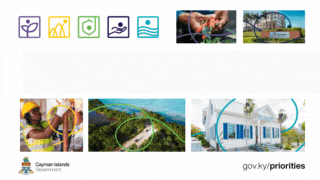







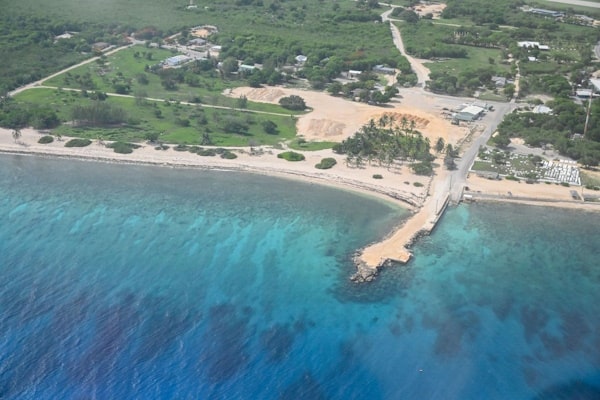
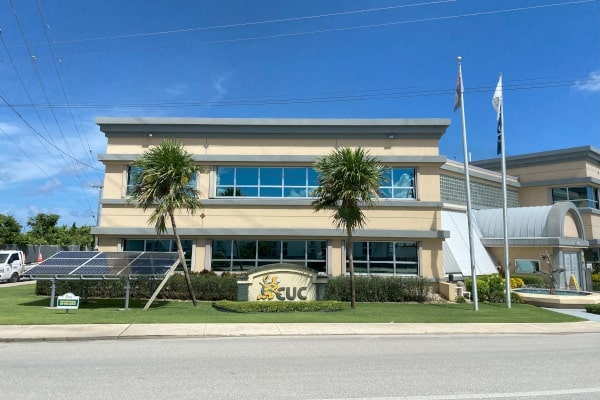




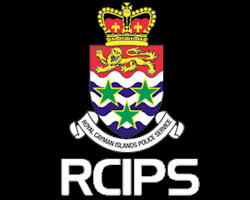


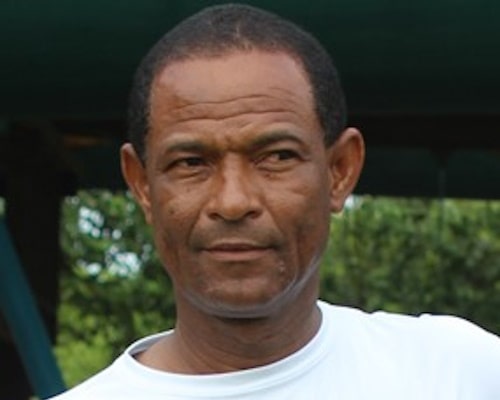









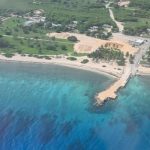


There is a rumour that Dart has a share in the new bank? Will they change the name of the bank? By the way, what is the actual amount of money deposited in offshore banks? I heard it’s double digits trillions of dollars, anyone know?
what has cayman got to hide???
An EU blacklist will be much less important after Brexit. The rest of the world is not following the EU tax model.
And we will close the accounts for the 50 EU clients in total and ignore their BS Black List!
You mean the same blacklist that both Trinidad and Barbados are on? Or a different one?
https://www.ft.com/content/c4d721dc-d9cf-11e7-a039-c64b1c09b482
After Brexit Cayman has a snowball in hell’s chance of avoiding blacklisting.
…and who cares?
white people do..